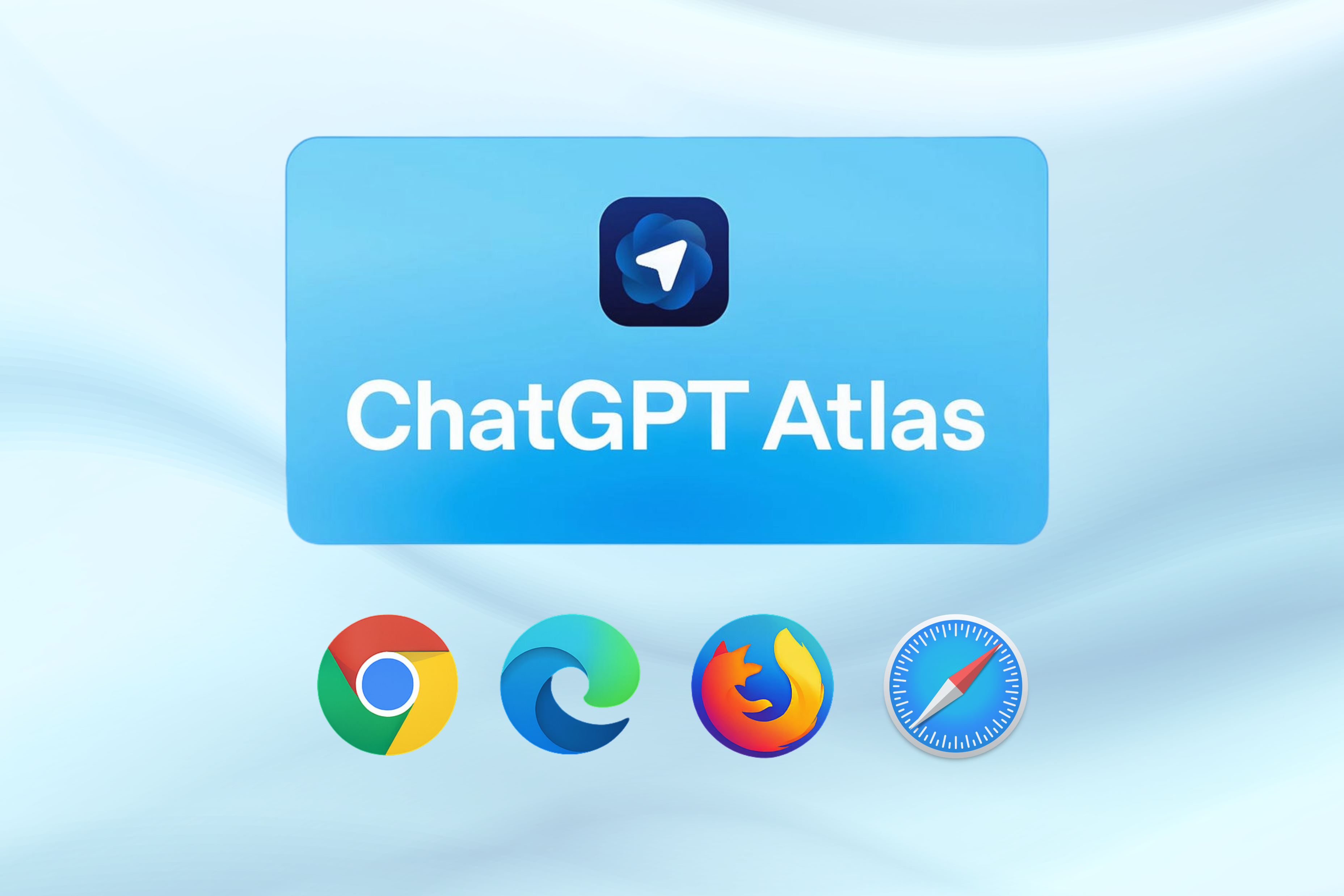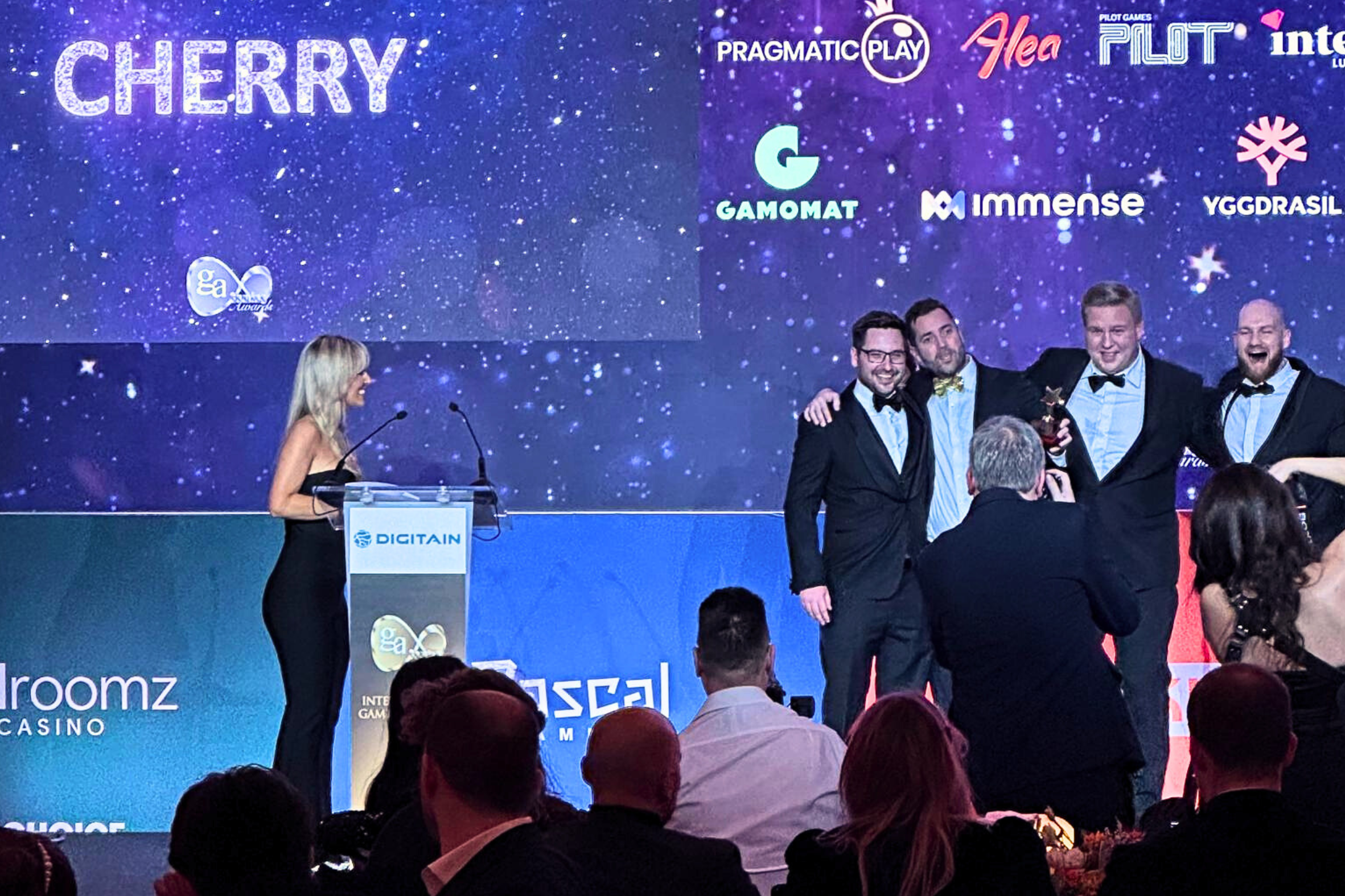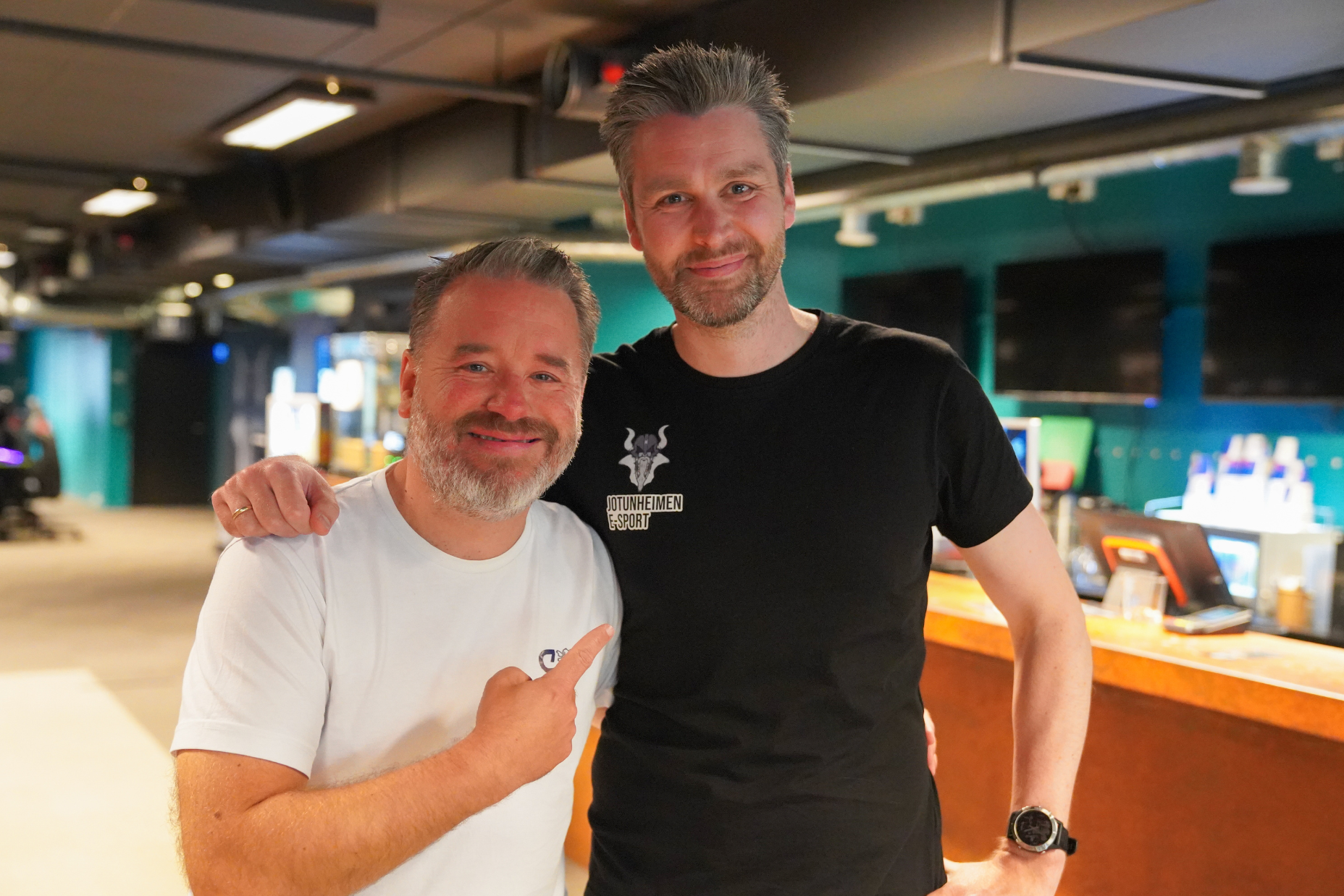.png)
.png)

Filippa Kuhnle Sekkelsten
October 29, 2025
Atlas - A browser that thinks with you, not just for you.

Google Chrome has for more than a decade defined the browsing experience with its speed, simplicity, and tight integration with Google Search. But while the internet evolved, the browser itself remained mostly unchanged, a passive tool for viewing websites and products rather than an active part of the experience. Now, that might be changing.
ChatGPT Atlas - The browser that becomes a mentor rather than a library
With the introduction of ChatGPT Atlas, OpenAI has officially entered the browser market. Atlas doesn’t just display content, it interprets it. It can summarize long articles, answer questions directly from web pages, and even perform tasks like booking flights or gathering data across multiple sites.
For the first time, the browser is becoming more than a passive tool. It’s an intelligent interface between the user and the web – one that can read, reason, and act. Atlas promises a web experience that’s faster, more intuitive, and less fragmented. Instead of jumping between tabs or sifting through dozens of results, Atlas brings context to the surface.
This shift could reduce our reliance on search engines. If the browser itself understands what you need, the traditional model of typing keywords into Google might fade, and AI browsers could redefine how we interact with the internet. If users no longer “search” in the traditional sense, then discovery becomes about context, relevance, and trust. Companies might begin optimizing for AI comprehension, creating content designed to be interpreted by models rather than just ranked by algorithms.

The rise of AI browsing is redefining how information is surfaced, and REWRK is positioning brands to thrive in this new discovery model. As Ola Akselberg, CEO of REWRK, part of Klein Group’s portfolio, explains:
"At REWRK, we don't just optimize content for traditional search engines - we adapt it to be understood, surfaced, and favored by AI systems and chatbots as well. As the way people find information evolves, our platform ensures your brand and messages stay discoverable and relevant within both search results and AI-powered conversations." - Ola Akselberg
Why this moment matters
The browser has always been the most important interface in our digital lives. It’s where work happens, where we learn, and where commerce flows. For decades, innovation in this space meant faster rendering or better design. Atlas is now a browser that thinks with you, not just for you.
The companies that adapt early by designing experiences that are machine-readable, ethical, and user-centric will define the next chapter of the web. This shift challenges every player, from publishers to platform providers, to rethink how value is created and shared online.
Sources, and interesting articles if you want to gain deeper knowledge:
https://influencermarketinghub.com/influencer-marketing-benchmark-report/
https://thesocialshepherd.com/blog/influencer-marketing-statistics
https://influencermarketinghub.com/influencer-marketing-roi/
https://finance.yahoo.com/news/influencer-marketing-platform-market-size-153000046.html
https://www.thinkwithgoogle.com/intl/en-154/marketing-strategies/video/video-trends-and-culture/?





